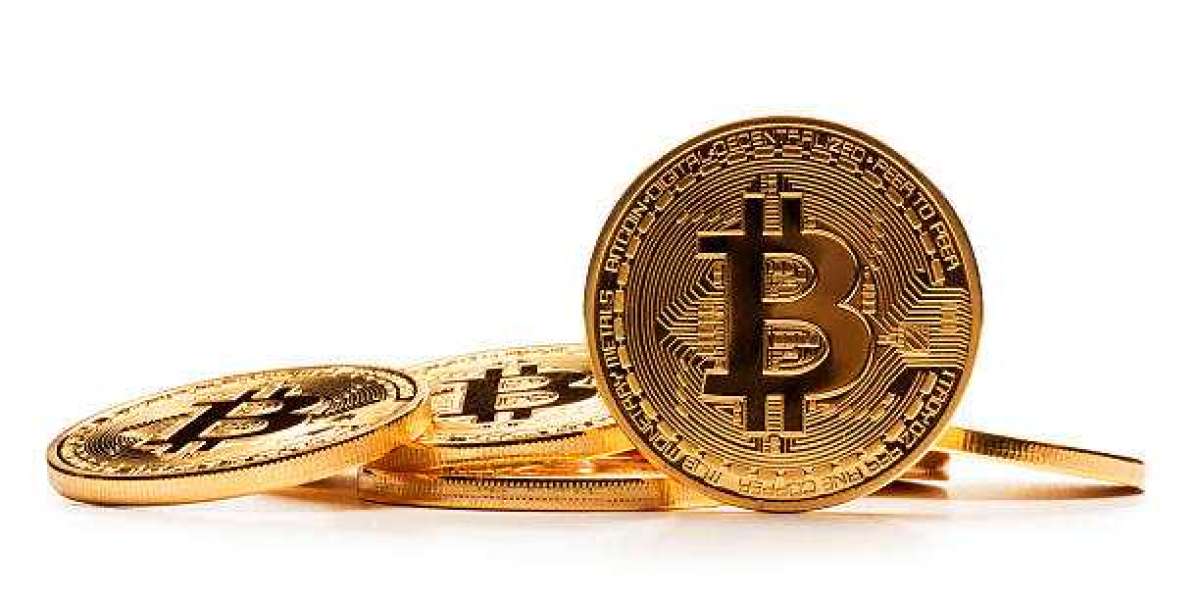Introduction
The legal and regulatory environment in which cryptocurrencies operate frequently shapes the market for them, and XRP is no exception. Regulators worldwide have been closely monitoring XRP, one of the biggest digital assets by market value. The strong relationship between XRP and Ripple Labs has sparked discussions regarding its classification, in contrast to other cryptocurrencies like Bitcoin or Ethereum, which are frequently regarded as decentralized digital assets. The value, uptake, and general market presence of XRP may all be significantly impacted by these legislative decisions. Investors and the larger cryptocurrency community must comprehend how regulation affects XRP.
XRP's Regulatory Classification
The classification of XRP as either a currency or a security is one of the most important regulatory concerns surrounding it. This differentiation is important since it establishes the asset's regulatory framework. The U.S. Securities and Exchange Commission (SEC) sued Ripple Labs in December 2020, alleging that XRP was offered for sale as an unregistered security. The cryptocurrency market was rocked by this lawsuit, which caused XRP's value to plummet as exchanges like Coinbase and Kraken delisted the coin to avoid regulatory penalties. Because it may establish a precedent for the regulation of other digital assets, the case's conclusion is viewed as a bellwether for the cryptocurrency sector.
The Regulatory Uncertainty Ripple Effect
XRP's adoption and integration into traditional financial institutions have been significantly impacted by the regulatory ambiguity around it. Numerous financial organizations that had previously investigated the usage of XRP for international payments and remittances have put their plans on hold or changed their minds because of the ongoing legal disputes. This has limited XRP's ability to upend the established financial industry, especially in sectors like international money transfers, where it provides quicker and less expensive transactions than established networks like SWIFT. For XRP to be widely used, regulatory clarity is crucial because it would provide institutional investors and financial partners the assurance they need to fully implement the technology.
The Function of International Law
Although the SEC case has received the greatest attention, other nations have distinct regulatory policies on XRP. Because XRP is seen as a cryptocurrency rather than a security in places like Japan, Ripple has been able to establish strategic alliances with nearby financial organizations and banks. Similar to this, nations like Switzerland and the United Arab Emirates have adopted a more crypto-friendly stance, which has allowed XRP-related projects to flourish. Nevertheless, XRP's worldwide growth and market penetration are hampered by its restricted use in countries with more stringent restrictions, such as China and India.
Responses of the Market to Regulatory News
Prices frequently respond dramatically to updates regarding legal developments, demonstrating how sensitive the XRP market is to regulatory news. For instance, XRP's price jumped by more than 70% in a single day in July 2023 after Ripple achieved a partial victory in its legal battle against the SEC. On the other hand, bad news, like court proceedings taking longer than expected or unfavorable decisions, can cause significant sell-offs. Investors and traders closely Keep an eye on these events since regulatory decisions impact XRP's long-term viability as a digital asset in addition to its short-term pricing.
Conclusion:
To sum up, when it comes to regulatory monitoring, XRP is still one of the most highly monitored cryptocurrencies. Future developments for XRP and the regulation of other digital assets will probably be influenced by the resolution of existing legal disputes, especially the SEC action. Investors must comprehend the regulatory environment since it directly affects the market performance and possibilities for adoption of XRP. Although regulatory obstacles carry risks, if positive results are obtained, they also offer XRP the chance to acquire credibility and draw in institutional investors. As the cryptocurrency regulatory framework develops further, XRP's story highlights the fine line between innovation and regulation and offers a case study for the whole sector.











